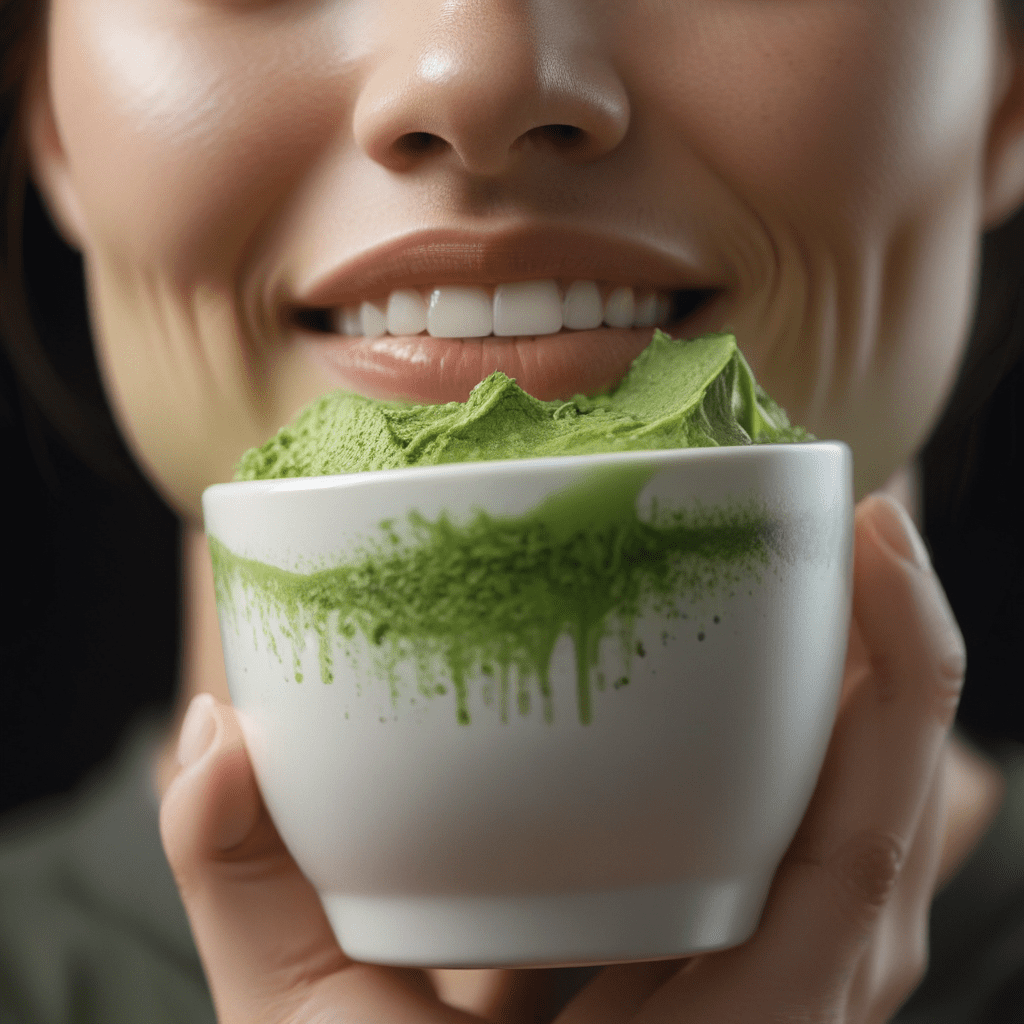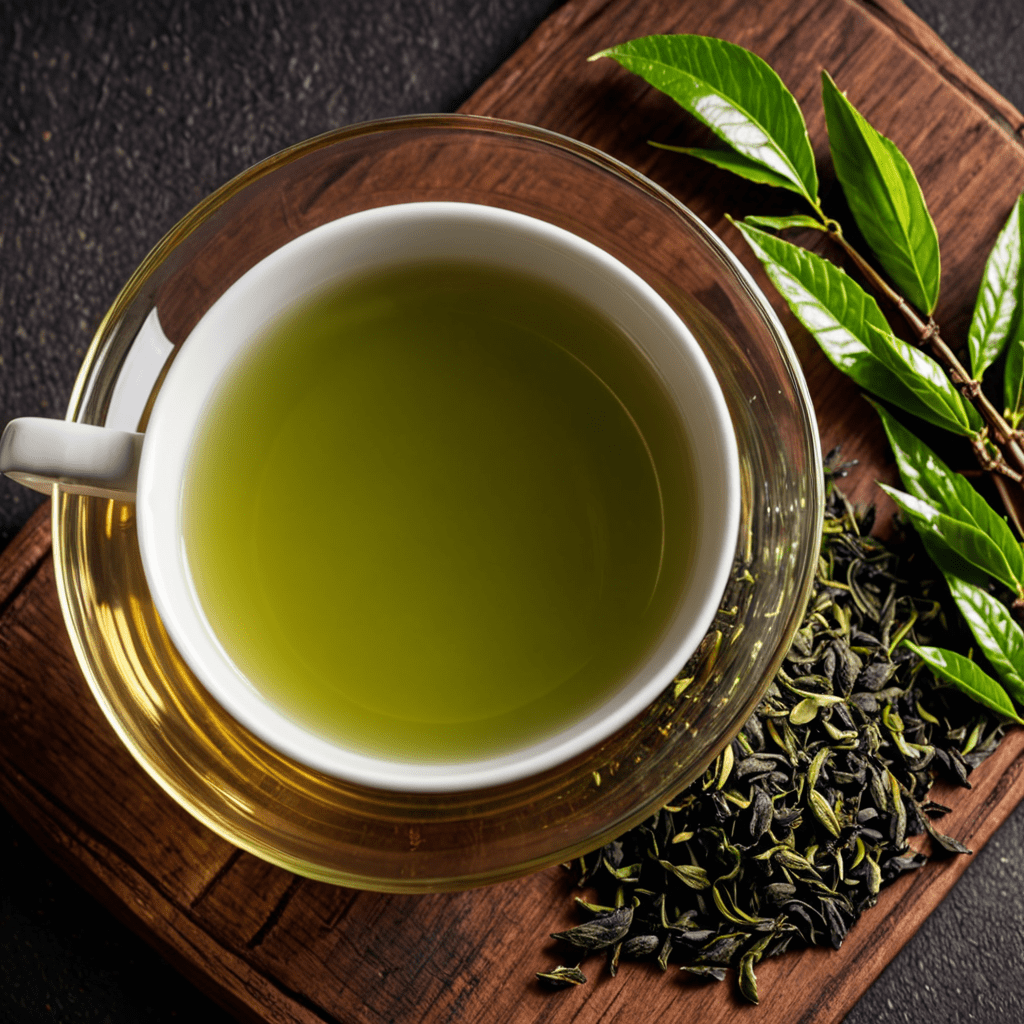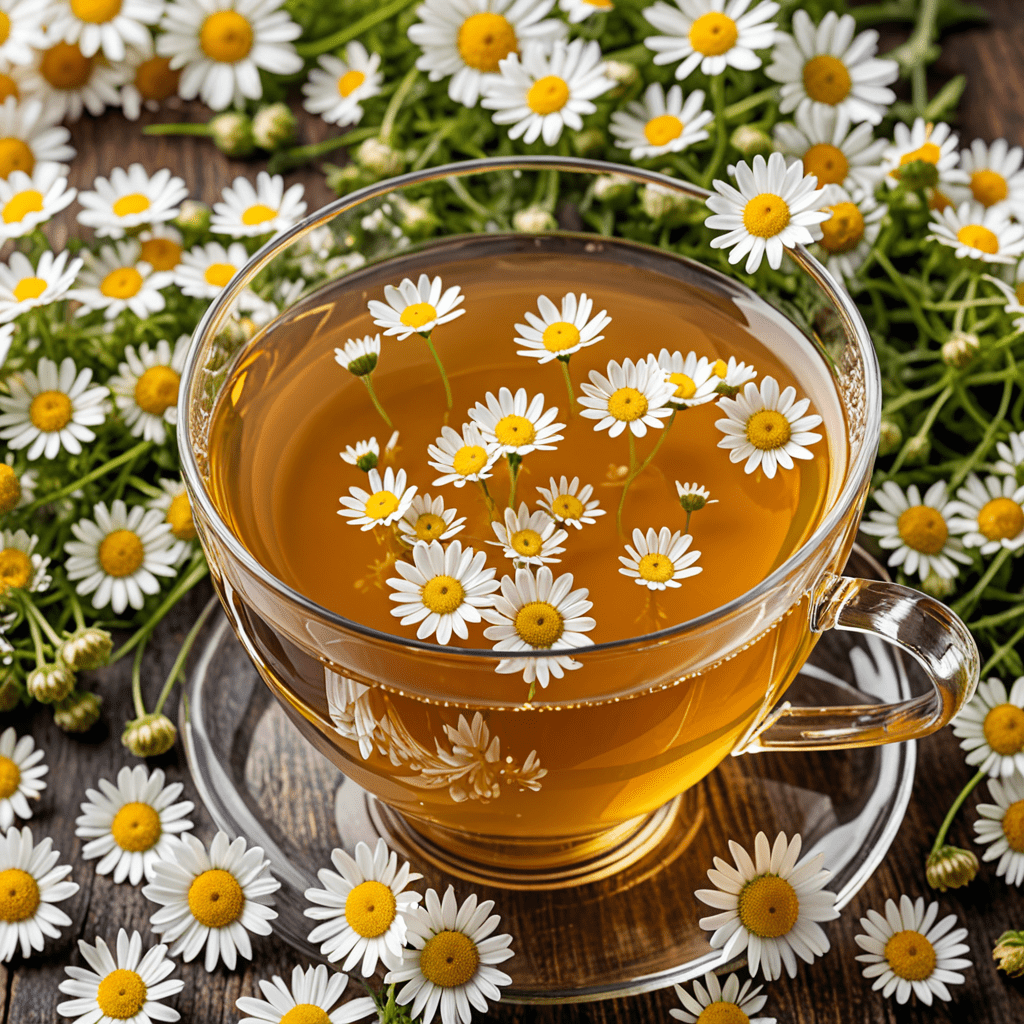Introduction to Matcha and its Dental Benefits
Matcha, a finely ground green tea powder, has gained immense popularity for its numerous health-promoting properties. Beyond its antioxidant and metabolism-boosting effects, matcha also offers remarkable benefits for oral hygiene. This article delves into the scientific evidence supporting matcha's role in maintaining a healthy smile.
Matcha’s Catechins and their Antibacterial Properties
Matcha is rich in catechins, a type of polyphenol with potent antibacterial activity. These catechins, particularly epigallocatechin gallate (EGCG), have been shown to effectively inhibit the growth of oral bacteria that cause cavities and gum disease. EGCG's antibacterial properties make matcha a natural defense against harmful bacteria in the mouth.
Inhibition of Streptococcus Mutans by Matcha’s Catechins
One of the most common oral bacteria associated with tooth decay is Streptococcus mutans. Studies have demonstrated that matcha's catechins can effectively inhibit the growth and colonization of Streptococcus mutans. By reducing the presence of this cavity-causing bacteria, matcha helps protect teeth from decay and promotes overall oral health.
Matcha's Effects on Plaque and Gingivitis
Matcha's catechins have been shown to inhibit the formation of plaque, a sticky film of bacteria that accumulates on teeth. By reducing plaque formation, matcha helps prevent gingivitis, an inflammation of the gums caused by bacterial infection. Matcha's antibacterial properties make it a natural remedy for maintaining gum health and preventing periodontal disease.
Reduction of Bad Breath by Matcha's Chlorophyll
Bad breath, also known as halitosis, is a common oral health issue caused by bacteria that produce sulfur compounds. Matcha contains chlorophyll, a green pigment with deodorizing properties. Chlorophyll effectively neutralizes sulfur compounds, reducing bad breath and promoting a fresh, clean mouthfeel.
Matcha's Role in Tooth Enamel Protection
Tooth enamel, the hard outer layer of teeth, can be weakened by acids produced by oral bacteria. Matcha's catechins have been found to strengthen tooth enamel and protect against acid erosion. By neutralizing acids and inhibiting bacterial growth, matcha helps preserve the integrity of tooth enamel and prevents cavities.
Counteracting the Effects of Sugar Consumption on Teeth
Consuming sugary foods and drinks can damage teeth by feeding harmful bacteria and promoting tooth decay. Matcha's catechins can counteract the negative effects of sugar consumption by inhibiting the growth of bacteria and reducing acid production. By incorporating matcha into your diet, you can mitigate the risks associated with sugar intake and protect your teeth from damage.
Matcha as a Natural Mouthwash
Matcha powder can be dissolved in water to create a natural mouthwash with antibacterial and refreshing properties. This homemade mouthwash can effectively eliminate bad breath, reduce plaque formation, and promote overall oral health. Regular use of matcha mouthwash can enhance your oral hygiene routine and complement your daily brushing and flossing habits.
Potential Side Effects and Considerations
Matcha is generally safe for consumption, but it's important to be aware of potential side effects. High doses of matcha may contain caffeine, which can cause sleep disturbances and anxiety in some individuals. Additionally, matcha contains tannins, which can interfere with iron absorption. It's advisable to consume matcha in moderation and consult with a healthcare professional if you have any concerns.
Conclusion: Matcha's Promise for Healthy Oral Hygiene
Matcha, with its wealth of catechins, chlorophyll, and other beneficial compounds, offers a natural and effective way to maintain healthy oral hygiene. Its antibacterial properties combat harmful bacteria, reduce plaque and gingivitis, and promote fresh breath. Matcha's role in strengthening tooth enamel and counteracting the effects of sugar consumption further supports its potential as a dental care ally. Incorporating matcha into your daily routine can significantly enhance your oral health and contribute to a brighter, healthier smile.
FAQs
Q: How much matcha should I consume for oral health benefits?
A: A moderate amount of matcha, around 2-3 cups per day, is recommended for optimal oral health benefits.
Q: Can matcha replace regular dental care?
A: No, matcha is a complementary measure that supports oral hygiene but does not replace regular dental check-ups, brushing, and flossing.
Q: Is matcha safe for children?
A: Matcha is generally considered safe for children, but it's important to consume it in moderation and avoid high doses due to its caffeine content. Consult with a pediatrician before giving matcha to young children.



